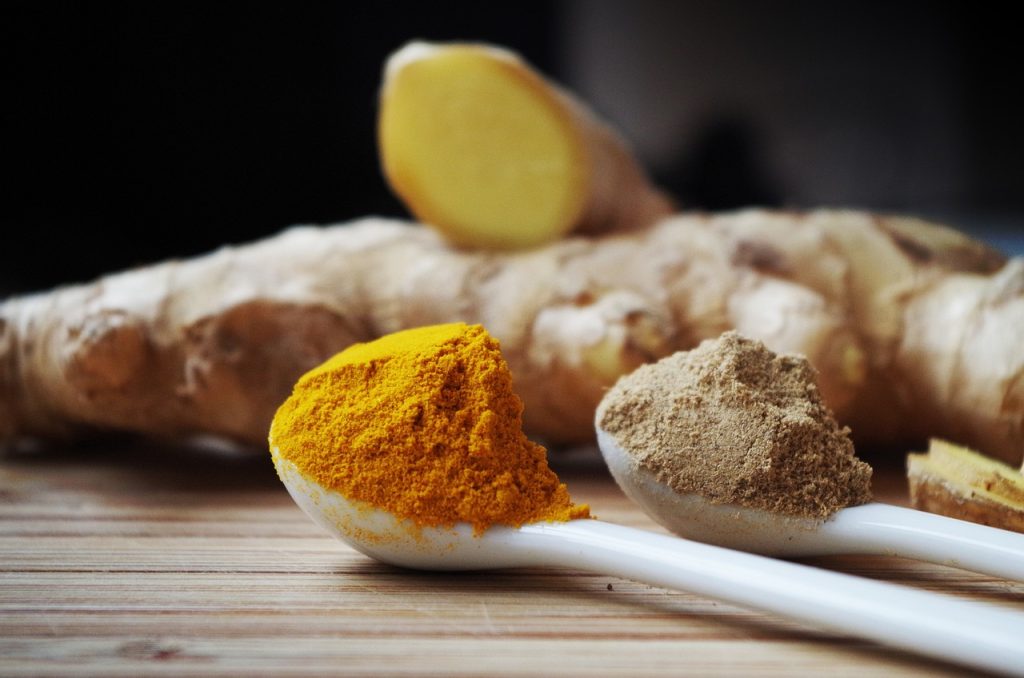Cheese can offer several potential health benefits when consumed as part of a balanced diet. However, it’s important to consume cheese in moderation due to its calorie and fat content. Here are some potential benefits of eating cheese:
Nutrient Richness: Cheese is a good source of essential nutrients such as calcium, protein, vitamin B12, phosphorus, and zinc. These nutrients are important for bone health, energy metabolism, and immune function.
Calcium: Cheese is a particularly rich source of calcium, a mineral crucial for maintaining strong bones and teeth. Adequate calcium intake is important throughout life to support bone health and prevent osteoporosis.
Protein: Cheese contains high-quality protein, which is essential for tissue repair, muscle maintenance, and overall growth and development.
Vitamins: Cheese provides various vitamins, including vitamin A, vitamin D, and vitamin K2. Vitamin A supports vision and skin health, vitamin D aids in calcium absorption and bone health, and vitamin K2 helps with bone health and calcium metabolism.
Conjugated Linoleic Acid (CLA): Some types of cheese, particularly those from grass-fed animals, may contain CLA, a type of healthy fat that has been associated with potential health benefits, including reduced inflammation and improved body composition.
Satiety and Weight Management: Cheese is a relatively high-fat and high-protein food, which can contribute to a feeling of fullness and help control appetite. Including cheese in meals can potentially aid in weight management by reducing the likelihood of overeating.
Fermented Varieties: Some cheeses, like yogurt and certain aged cheeses, are fermented and contain probiotics, which are beneficial for gut health and digestion.
Antioxidants: Cheese, especially aged varieties, can contain antioxidants that help protect cells from damage and support overall health.
Flavor and Versatility: Cheese adds flavor, texture, and creaminess to a wide variety of dishes, making it an enjoyable and versatile ingredient in cooking.
It’s important to choose cheese options that are lower in saturated fat and sodium, and to be mindful of portion sizes to avoid excessive calorie intake. While cheese can be a valuable part of a healthy diet, individuals with specific dietary restrictions, allergies, or lactose intolerance should choose suitable alternatives. Consulting with a registered dietitian or healthcare professional can provide personalized guidance on incorporating cheese into your diet based on your individual needs and health goals.












I’ve been absent for some time, but now I remember why I used to love this blog. Thanks, I’ll try and check back more frequently. How frequently you update your site?